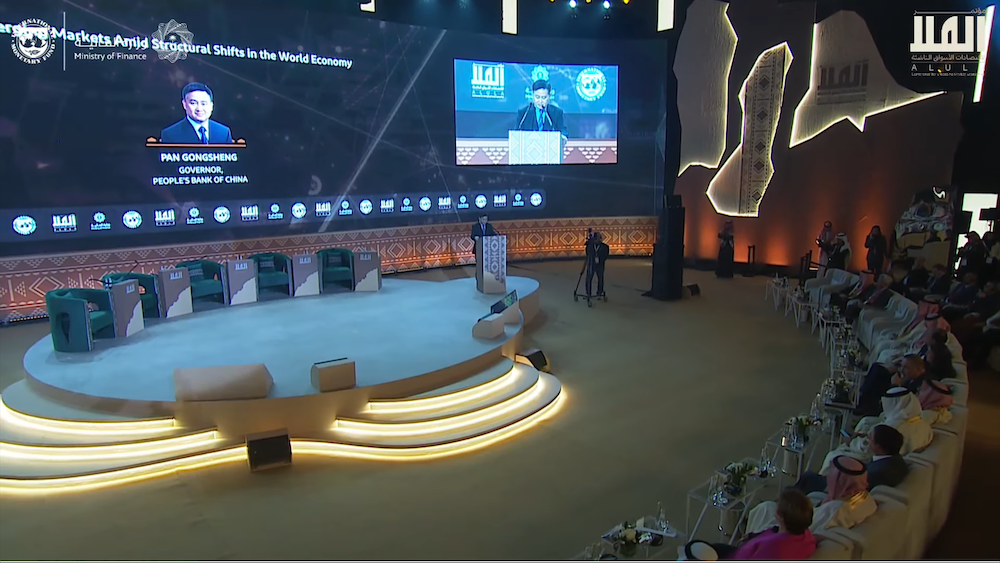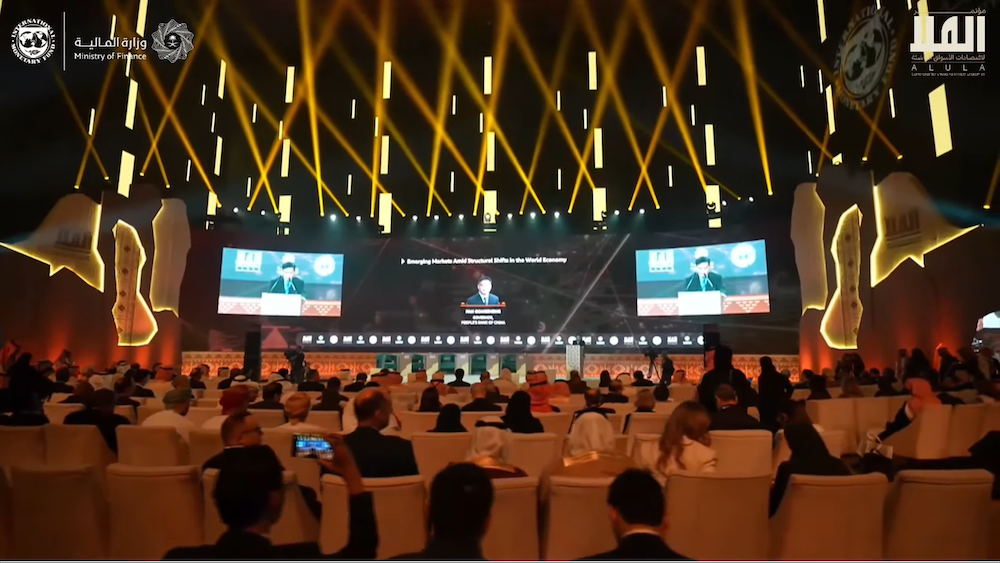Leading the global effort to combat desertification

https://arab.news/w7c2h
Desertification is a major environmental issue that affects Saudi Arabia and many other countries worldwide, leaving billions of people at risk of food insecurity and the loss of livelihoods as a result of soil degradation.
In response to these major challenges, the UN Convention to Combat Desertification aims to unite countries and organizations to develop effective measures to combat the problem, with Saudi Arabia taking the lead.
The 16th session of the Conference of the Parties — COP16 — of the UN Convention to Combat Desertification will take place in the Saudi capital, Riyadh, from Dec. 2 to 13, coinciding with the convention’s 30th anniversary.
Saudi Arabia’s Vision 2030 bears the Kingdom’s environmental goals. Part of this is the Saudi Green Initiative — a blueprint for addressing desertification through afforestation, reforestation, and sustainable agriculture.
The UNCCD has adopted a resolution calling on the international community to enhance efforts to halt and reverse land degradation by sharing information, finances, experience, and technology to help restore affected areas and stop further damage.
Saudi Arabia provided valuable recommendations to the conference and unveiled several steps it intends to take to enhance land reclamation. It also promised to contribute a large amount of money to fight desertification globally.
Desertification is a global environmental challenge that requires sustained global efforts to protect vulnerable ecosystems, food security, lives, and livelihoods.
Majed Al-Qatari
The Kingdom has enlisted the support of several countries, nongovernmental organizations, and international bodies to share expertise. For instance, Saudi Arabia is working with African and Asian nations to transfer its knowledge of afforestation processes.
In doing so, it effectively addresses factors that contribute to desertification, such as poor farming practices. It has also developed sustainable solutions for various regions and climatic conditions.
Saudi Arabia’s leadership at the UNCCD has set a strong example for other countries in the Middle East and around the world. Its aggressive policymaking and concern for the environment have inspired others to enact solutions.
The large-scale implementation of environmental projects faces many limitations, including a lack of funding and political barriers. However, the UNCCD has resolved that these challenges can be overcome through cooperation, greater investment in research, technology, and knowledge transfer.
Desertification is a global environmental challenge that requires sustained global efforts to protect vulnerable ecosystems, food security, lives, and livelihoods. Countries, stakeholders, and policymakers should commit to continued collaboration to strengthen these initiatives.
• Majed Al-Qatari is a sustainability leader, ecological engineer and UN Youth Ambassador who promotes ESG and sustainability goals in business, nonprofits and financial institutions.






























